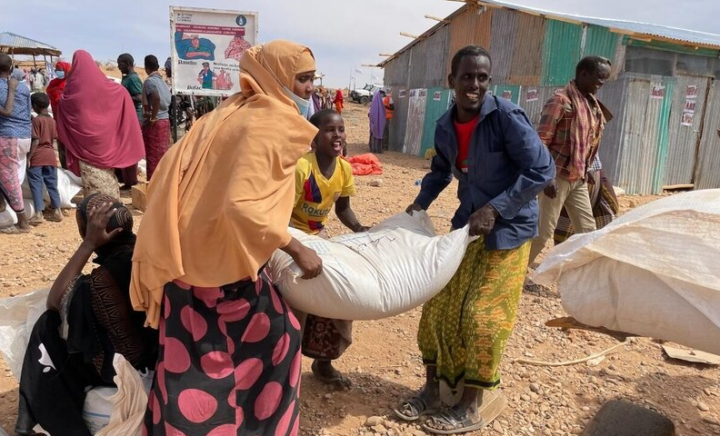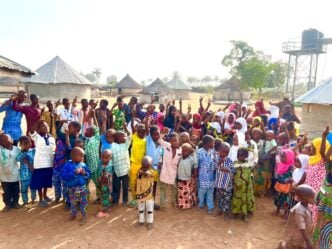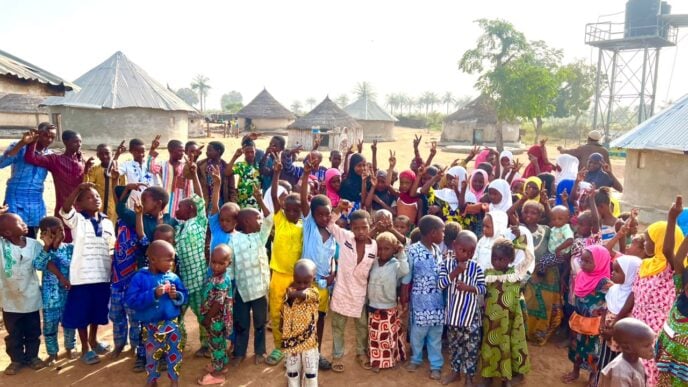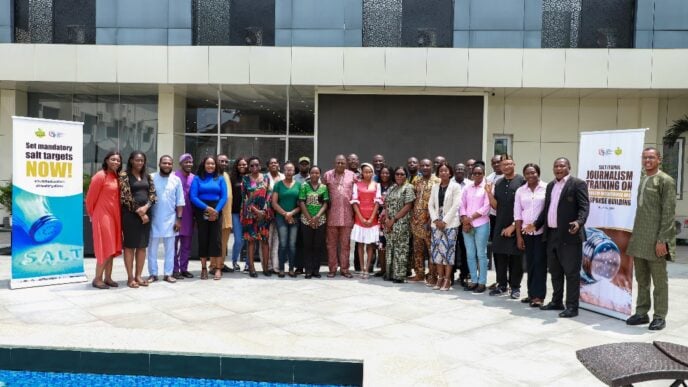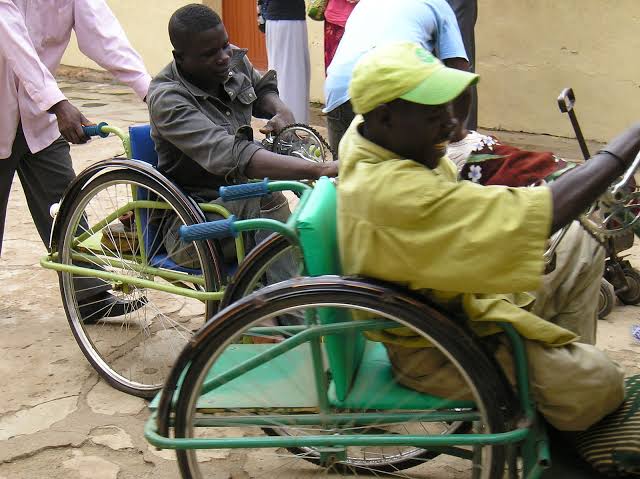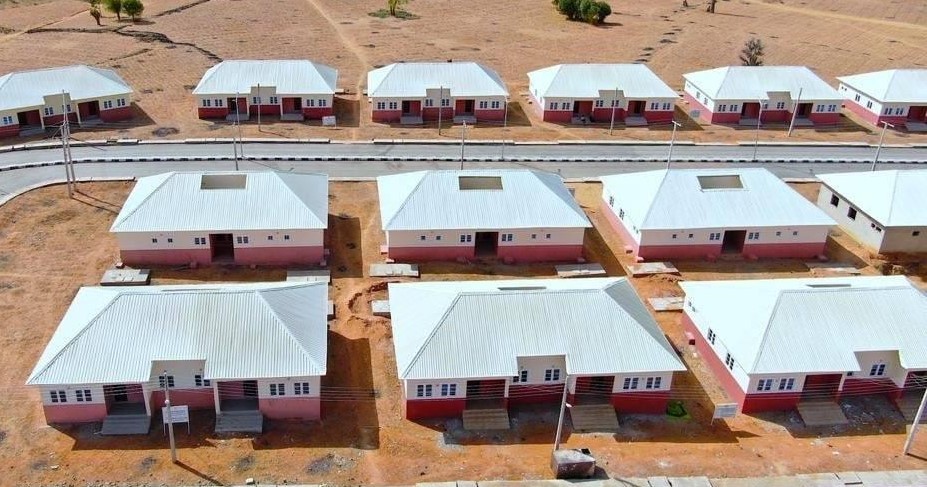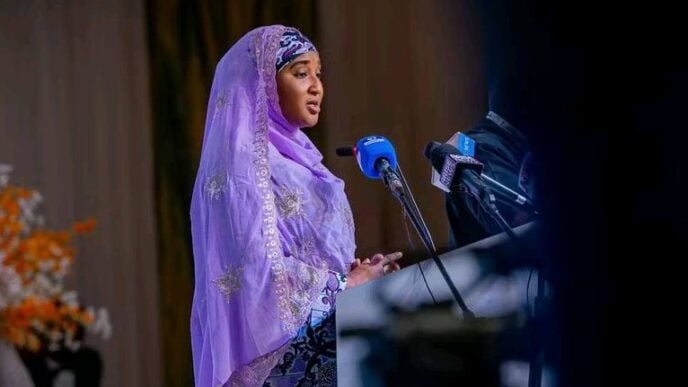About 1.3 million people in north-east Nigeria could be affected by a suspension of emergency food and nutrition aid at the end of July, the United Nations’ World Food Programme (WFP) has warned.
In a statement on Wednesday, the WFP said its last supplies left warehouses early this month, completely exhausting its stocks.
The agency said life-saving assistance will end after the current round of distributions is completed.
The organisation blamed the difficult decision on “critical funding shortfalls which come at a time of escalating violence and record levels of hunger”.
Advertisement
“Without immediate funding, millions of vulnerable people will face impossible choices: endure increasingly severe hunger, migrate, or possibly risk exploitation by extremist groups in the region,” the statement reads.
Children were named as among the worst affected if aid ends.
More than 150 WFP-supported nutrition clinics in Borno and Yobe states will close, ending potentially life-saving treatment for more than 300,000 children under two and placing them at increased risk, WFP noted.
Advertisement
The WFP is the largest global humanitarian organisation and a first responder to emergencies caused by conflict and disasters.
However, deep funding cuts mostly led by the United States, WFP’s largest donor, have rattled the agency.
David Stevenson, WFP country director for Nigeria, said nearly 31 million people in Nigeria are now facing acute hunger, a record number.
“This is no longer just a humanitarian crisis, it’s a growing threat to regional stability, as families pushed beyond their limits are left with nowhere to turn,” Stevenson said.
Advertisement
The WFP is urgently seeking $130 million to prevent an imminent pipeline break and sustain food and nutrition operations through the end of 2025.
